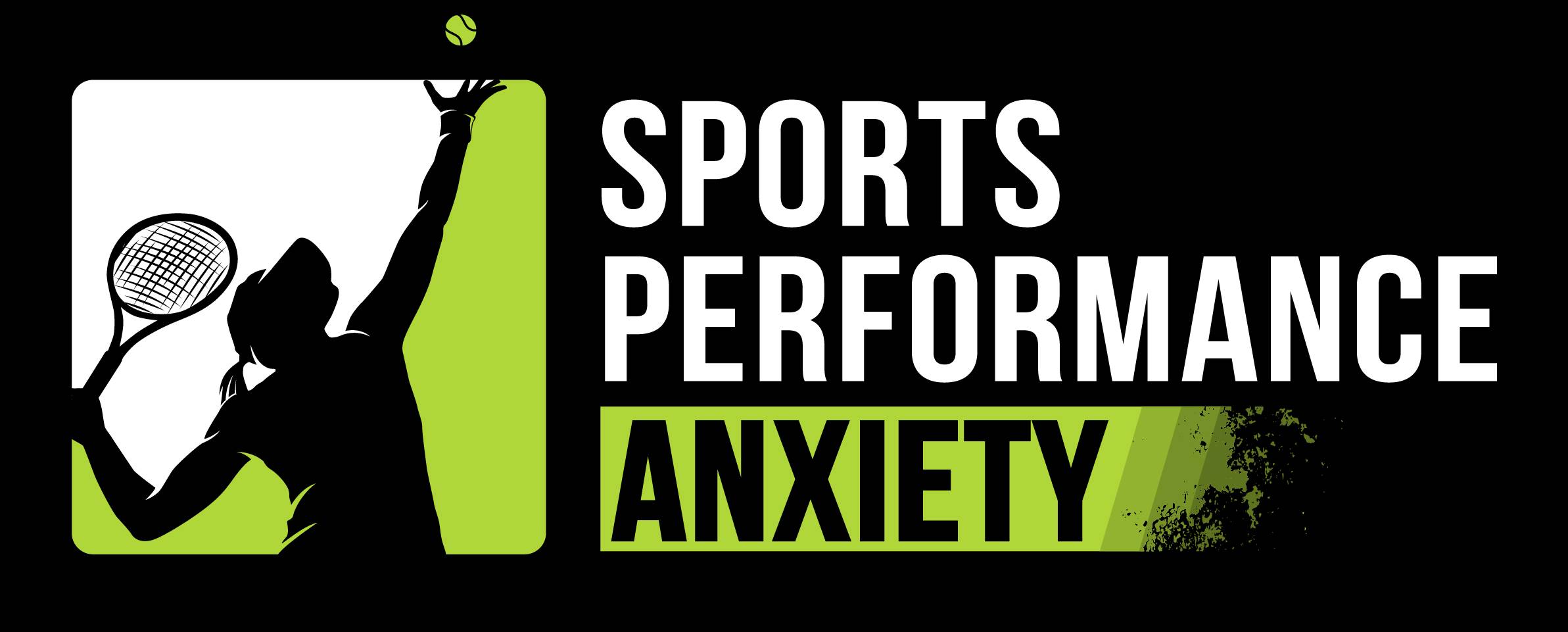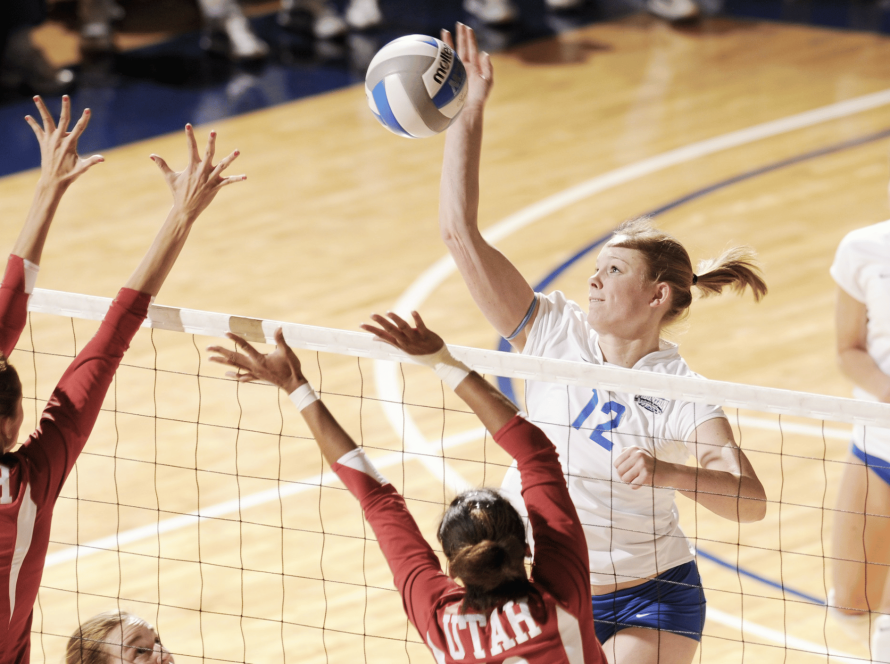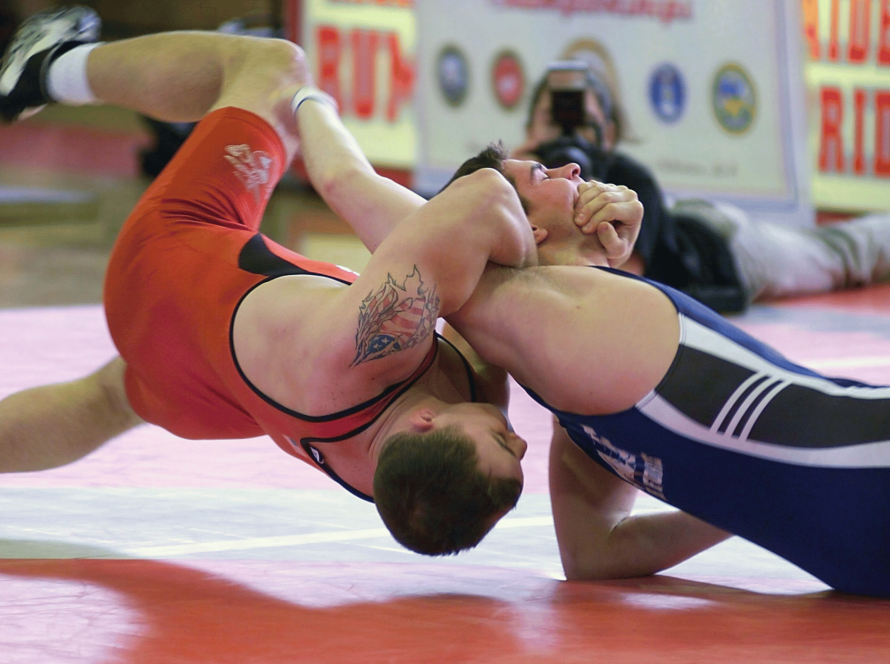Sports anxiety is the #1 emotional issue that holds athletes back from competing to their potential.
Here’s how athletes experience it.
-
Get into your head.
-
Fear of failure and making mistakes.
-
Don’t compete like you practice.
-
Struggle to let go.
-
Train the same every day, getting the same results.
-
Nerves and event day jitters.
-
Poor attitude.
-
Overthinking.
-
I put too much pressure on myself.
-
Perfectionism.
-
Fear of letting coaches, teammates, or parents down.
-
Don’t compete the way you know how.
The Best Sports Anxiety Treatments
Sports anxiety exists when we focus on the future but is felt in the body in the present.
Treating sports anxiety starts by managing your focus.
Shift your focus from the future to the present.
Visualize, plan, and set intentions for the future, but don’t worry about future outcomes.
Our obsession with achieving a result or outcome often triggers our fight, flight, and freeze response, causing us to feel anxious.
This is because we can’t control outcomes as much as we would like, and the human mind and body fear the unknown.
Calm athletes manage their perspective on competition.
They view it as a challenge as opposed to a threat.
This makes an athlete feel excited to compete instead of anxious.
It also avoids triggering the fight-flight-freeze response.
An additional way to treat sports anxiety is to coach athletes on how to focus on the process rather than the outcome.
Encourage athletes to focus on how they do “the thing” as opposed to the result of “doing the thing.”
An additional way to treat sports performance anxiety is to manage the meaning you place on winning and losing.
Many athletes make the mistake of identifying with losses as opposed to experiencing them.
Athletes are encouraged to experience failure as opposed to being a failure.
When athletes identify with their results, their confidence is often lost when things aren’t going well.
Their lives are on what I refer to as “The Results Rollercoaster.”
The C.A.L.M. Method is a great way to combine this into a simple and effective tool to end sports anxiety.
If you’re an athlete or a parent of a student-athlete and you’re not sure what to do, reach out to me, and we can talk about it.
I’m always here to help!
Dr. Jay Cavanaugh



